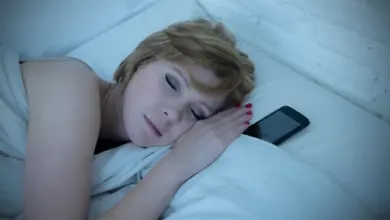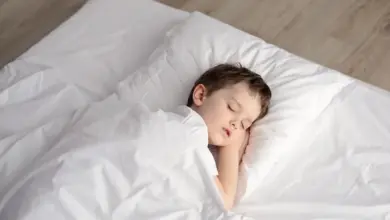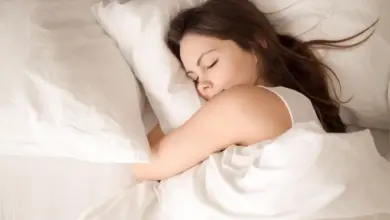How Accurate Are Sleep Trackers?
How Accurate Are Sleep Trackers? Are They Reliable?
Sleep trackers are becoming more popular as the self-help sector grows. Consumers are turning more and more to smartwatches, sensors, and rings with advanced technology to assess their sleep and learn how to improve it.
How accurate are sleep trackers and how useful are they in helping you to get a good sleep?
This post will help you choose the right sleep tracker for yourself by examining the effectiveness of these devices.
Words of Advice: When you are having trouble sleeping or changing your sleep habits, it is always best to consult a doctor.
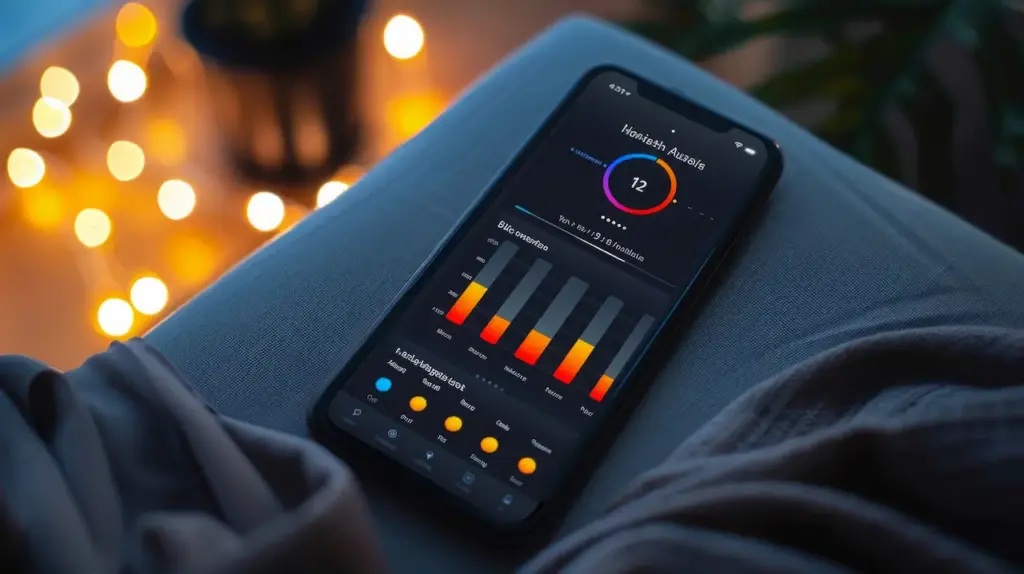
Polysomnograms vs. Sleep Trackers
The polysomnogram test is the gold standard in diagnosing and assessing sleep disorders. Polysomnography tests can be expensive and stressful, especially for patients who have trouble falling asleep in the lab. The average person wants a simple, easy way to track their sleep.
Sleep trackers are a great alternative, but they’re not perfect.
Sleep tackers do not provide the same detail or reliability as a polysomnogram. They are usually placed near the bed, on a finger, or a wrist. However, they cannot measure brain waves or eye fluttering, which indicate REM sleep. Researchers often compare sleep tracker results to a polysomnogram as a baseline. The average consumer is unable to make this comparison, and many have unconfirmed doubts about their sleep trackers.
How do Sleep Trackers Work?
The majority of sleep trackers use Accelerometers. This motion-tracking device is used to feed data into an algorithm using a process known as actigraphy. These data can provide insights into sleep quality and duration. Some provide a sleep score and track trends over time. Many have technology that can assess your sleeping environment for heat, sound and light.
Many sleep trackers allow you to enter your information. The tracker allows you to document your daily mood and mood swings, as well as your activity level, nutrition, work-life balance, and stimulant intake. It can also provide suggestions or connections within the app.
Sleep Tracker Accuracy
We’ll discuss the strengths and weaknesses of each sleep tracker later. They all share some common accuracy trends. The rate of accuracy is 81-91% for determining whether you are asleep. However, they tend to underestimate the amount of time that people spend awake and overestimate their sleep time. It uses movement to determine wakefulness, even though many people are awake and unmoving while trying to fall asleep. They are good for recording random awakenings and measuring sleep duration. They are only correct about half the time when determining your sleep stages. You can tell if you are in deep sleep, light sleep, or REM.
They are useful as a tool to monitor your habits, patterns and health, but they’re not a very valuable diagnostic tool. We’ve compiled a list of some of the best sleep trackers and their accuracy levels.
1. Fitbit Sleep
Brown University Jina Yuon evaluated the quality of 10 sleep trackers for 10 nights and concluded that the Fitbit Alta was the most accurate at measuring sleep time. The National Center for Biotechnology Information published a study in 2019 that states the latest models are “promising”. They can distinguish between sleep and wakefulness, and report sleep stages. The author does note that Fitbit “is not a replacement for [polysomnography]”.
2. Galaxy Active 2
The Galaxy Active 2 offers a number of fitness features, including sleep tracking. The Galaxy Active 2 measures your sleep and wakefulness using heart rate and movement tracking. Users have reported variable results. They often find that the device is accurate for healthy sleepers, but not those with sleeping disorders, or it can be perfect one night, and inaccurate the next. Its sleep-stage detection is lacking, as with most sleep trackers.
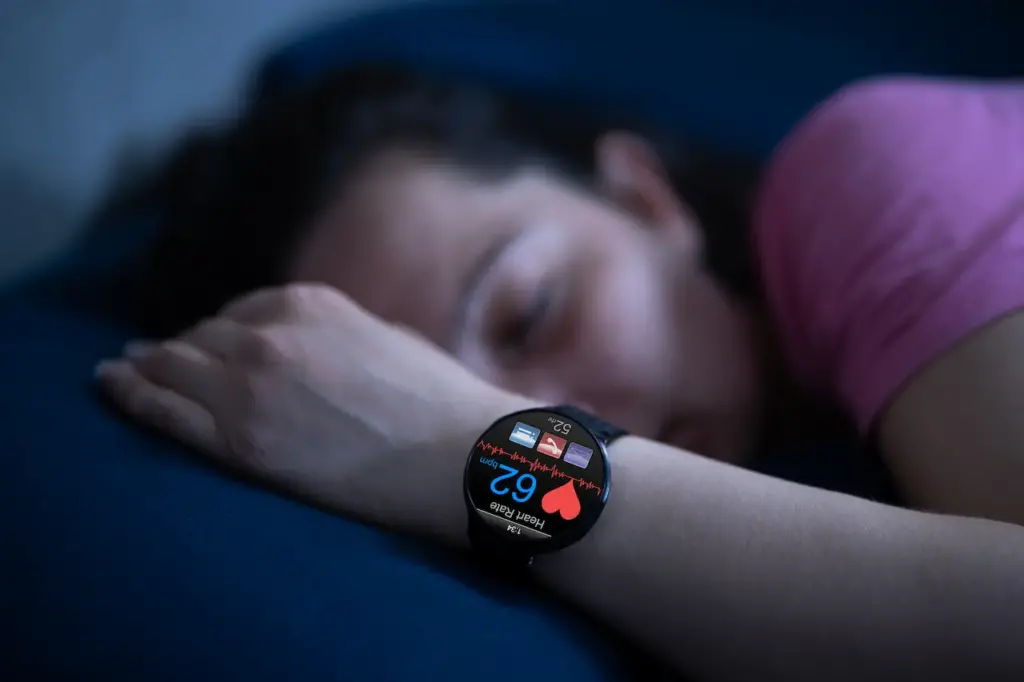
3) Garmin Sleep Tracker
Garmin.com sleep study results show a 96% accuracy in determining sleep, and 73% for waking up. Participants with sleep disorders had lower success rates, ranging from 50% to 80%. Garmin’s accuracy in these areas is similar to Fitbit, probably because Garmin caught up to Fitbit recently.
4) Oura Ring
The Oura Ring is somewhat unique from other sleep trackers both through being a ring, not a wristband and in using photoplethysmography, a non-invasive blood volume measuring technique to measure heart rate. Oura Ring’s website claims that it is in near-perfect agreement when monitoring heart rate variability and resting heart rates with medical-grade electrocardiograms. It has one of the highest rates of agreement with polysomnograms in determining sleep stages.
Its temperature sensor is also within 0.36degC medical-grade temperatures, and it has a 92% accuracy rate under real-world circumstances. Jina Yoon ranked the Oura Ring as the second-best sleep tracker and most efficient next to Fitbit.
Final Thoughts
The sleep-tracking technology is improving, but it’s not a good idea to get too focused on sleep statistics.
Be aware of Orthosomnia – a term used to describe an obsession with “perfect” sleeping. This will likely reduce your sleep time. A healthy lifestyle and regular exercise will result in healthy sleeping patterns.
Sleep trackers won’t affect a healthy individual’s success in sleeping. Sleep tracking may help you if you are still struggling to sleep despite all of this. We wish you all the best in making the right decision.
